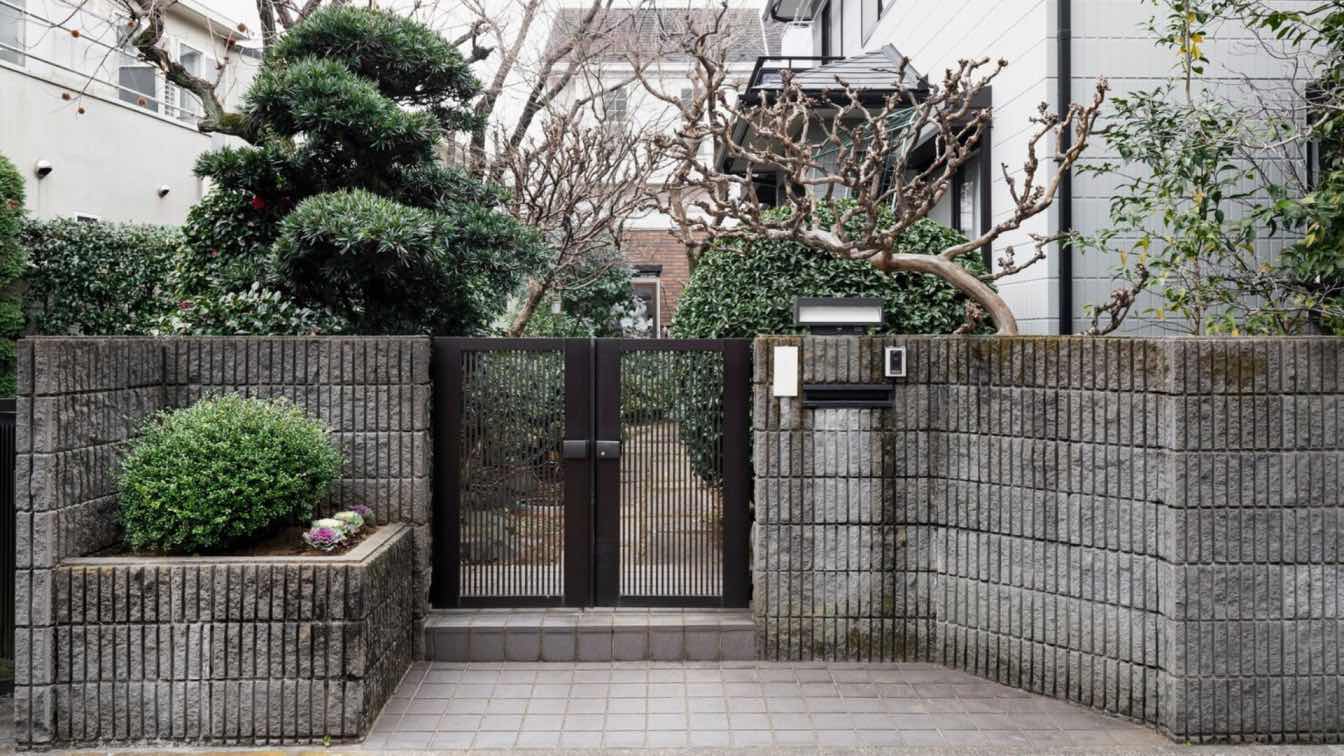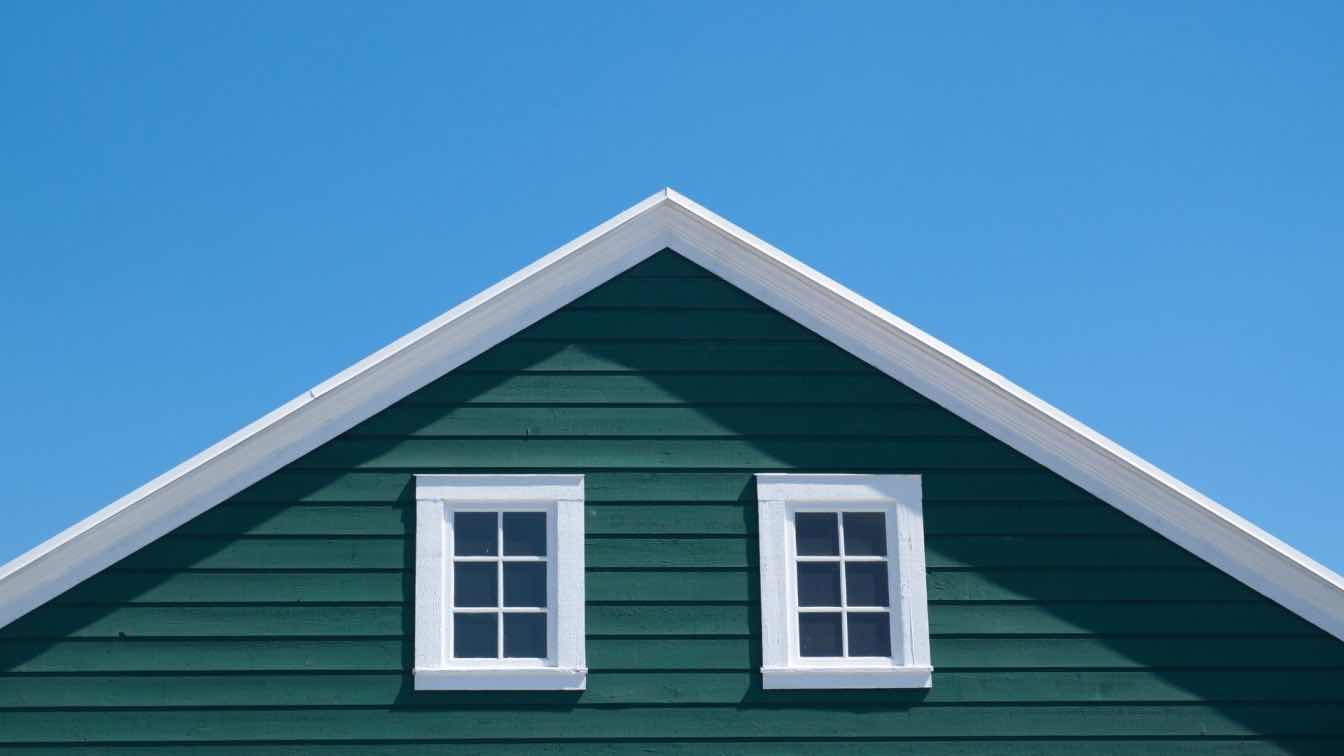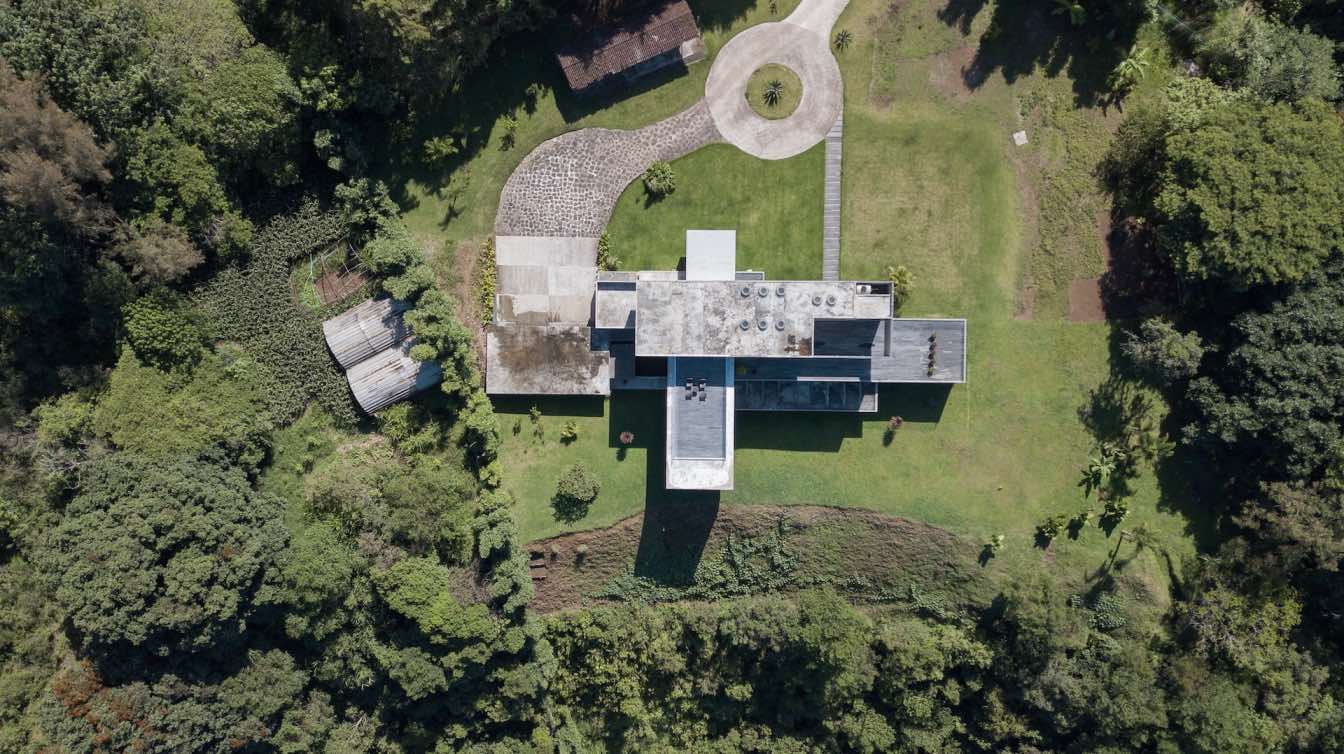Fencing plays a crucial role in enhancing property security, privacy, and aesthetics. Choosing the right type of fence for your home or business requires understanding the materials, styles, and functions that best meet your needs. Here’s an overview of popular fencing types to help you make an informed decision.
1. Wood Fencing
Wood fences are a classic choice known for their versatility and natural beauty.
Advantages: Customizable height, various styles (picket, panel, lattice), and affordable.
Disadvantages: Requires regular maintenance (painting or staining) and can rot or warp over time.
Best For: Privacy, garden aesthetics, and residential properties.
2. Vinyl Fencing
Vinyl fencing is a durable and low-maintenance option.
Advantages: Weather-resistant, no need for painting, and available in various colors and styles.
Disadvantages: Higher upfront cost and less environmentally friendly.
Best For: Modern homes, low-maintenance yards, and areas with harsh weather.
3. Chain Link Fencing
Chain link fences are a practical and cost-effective solution.
Advantages: Durable, low-cost, and easy to install.
Disadvantages: Lacks privacy and may not suit all aesthetics.
Best For: Security, boundaries for pets, and commercial properties.
4. Aluminum Fencing
Aluminum fences combine elegance with durability.
Advantages: Rust-resistant, lightweight, and requires minimal maintenance.
Disadvantages: Less sturdy than steel and not ideal for high-security needs.
Best For: Decorative purposes, pools, and gardens.
5. Wrought Iron Fencing
Wrought iron fences exude a timeless, ornate charm.
Advantages: Strong, durable, and customizable with intricate designs.
Disadvantages: Expensive and requires regular maintenance to prevent rust.
Best For: High-end homes, historical properties, and decorative fencing.
6. Bamboo Fencing
Bamboo fencing offers a sustainable and eco-friendly option.
Advantages: Aesthetic appeal, eco-friendly, and suitable for tropical climates.
Disadvantages: Limited durability in harsh weather conditions.
Best For: Garden decoration, eco-conscious homeowners, and privacy screens.
7. Composite Fencing
Composite fencing blends wood fibers and plastic for durability and style.
Advantages: Low-maintenance, weather-resistant, and long-lasting.
Disadvantages: Higher cost compared to wood and limited style options.
Best For: Modern homes and areas prone to weather extremes.
8. Stone or Brick Fencing
Stone or brick fences provide unmatched durability and elegance.
Advantages: Long-lasting, weather-resistant, and excellent for noise reduction.
Disadvantages: Expensive and time-consuming to install.
Best For: Luxury properties, noise reduction, and boundary walls.
Conclusion
Selecting the right type of fencing depends on your specific needs, budget, and aesthetic preferences. Whether you’re seeking enhanced privacy, security, or curb appeal, there’s a fencing option for every requirement. Take time to evaluate materials and styles to ensure your fence aligns perfectly with your property’s purpose and design.





